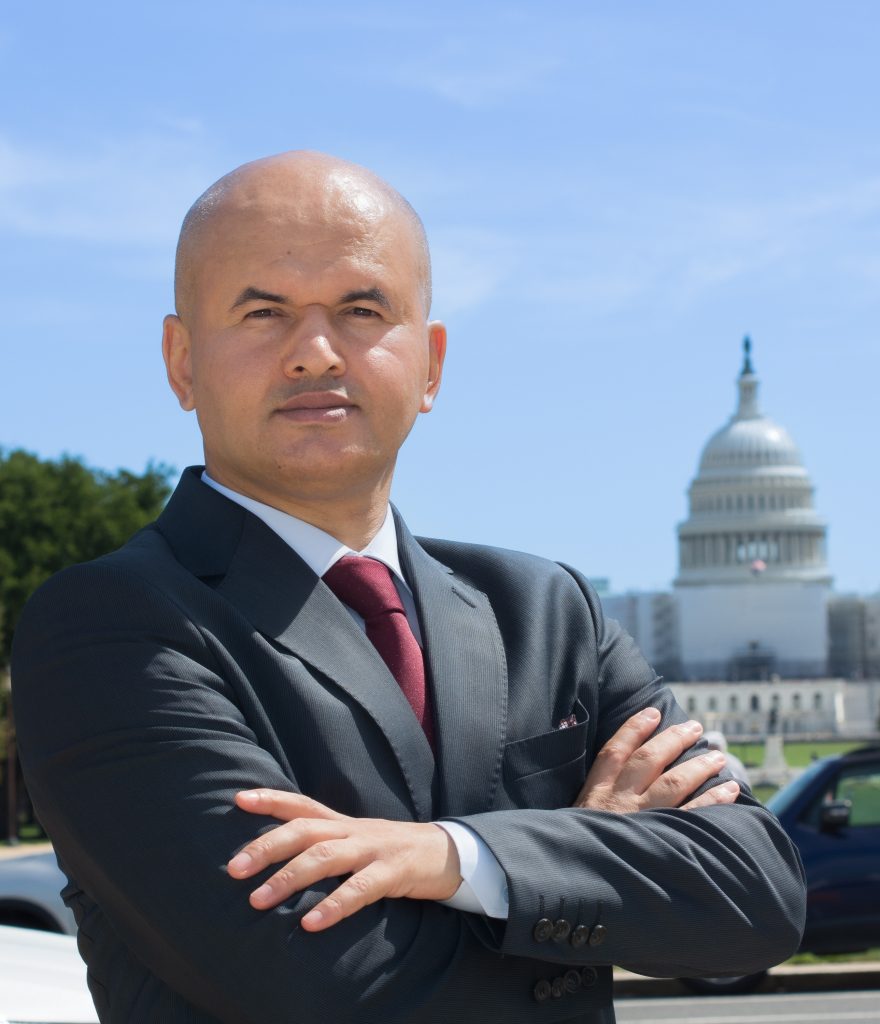
Dr. Umud Shokri is a distinguished energy strategist and senior foreign policy advisor, boasting over two decades of experience in the field. With a Ph.D. in International Relations, he holds expertise in a wide array of areas including global energy dynamics, climate change, clean energy technologies, energy security, and geopolitics. Throughout his career, Dr. Shokri has been instrumental in shaping policies and strategies that navigate the complex interplay between energy, environment, and international relations.
Currently serving as a Senior Visiting Fellow at George Mason University, Dr. Shokri actively shapes academic discourse and enriches the intellectual landscape. His extensive expertise spans various facets of the energy sector, from analyzing oil and gas market trends and response mechanisms to geopolitical shifts, to advising on sustainable energy policies and technologies. Dr. Shokri’s strategic prowess is evident in his contributions to policy development, including authoring “US Energy Diplomacy in the Caspian Sea Basin” and collaborating with government entities, academic institutions, and industry stakeholders to address pressing global energy challenges.
Moreover, Dr. Shokri is deeply committed to environmental sustainability and the adoption of clean energy solutions. He emphasizes the importance of strategic alignment with environment, social, and governance (ESG) frameworks, guiding companies and governments towards achieving real-world greenhouse gas emission reductions and fostering sustainable business practices. His interdisciplinary collaboration and project management skills ensure efficient handling of tasks and meeting deadlines, while his technological proficiency contributes valuable insights to the intersection of energy policy, regulation, and innovation.
In his current role as a Black Sea State Department Title VIII Fellow, Dr. Shokri is immersed in extensive research and analysis focusing on Azerbaijan’s energy transition and preparations for COP29. He explores Azerbaijan’s efforts to diversify its energy mix, reduce carbon emissions, and transition to renewable energy sources, considering socio-economic and geopolitical implications. Engaging with stakeholders, policymakers, and experts, he aims to contribute valuable insights and recommendations to inform policy decisions and support Azerbaijan’s journey towards a more sustainable and resilient future. His involvement in broader discussions surrounding climate change and energy transition at regional and global levels, including COP29 preparations, underscores his commitment to driving positive change and advancing meaningful dialogue on climate action.
